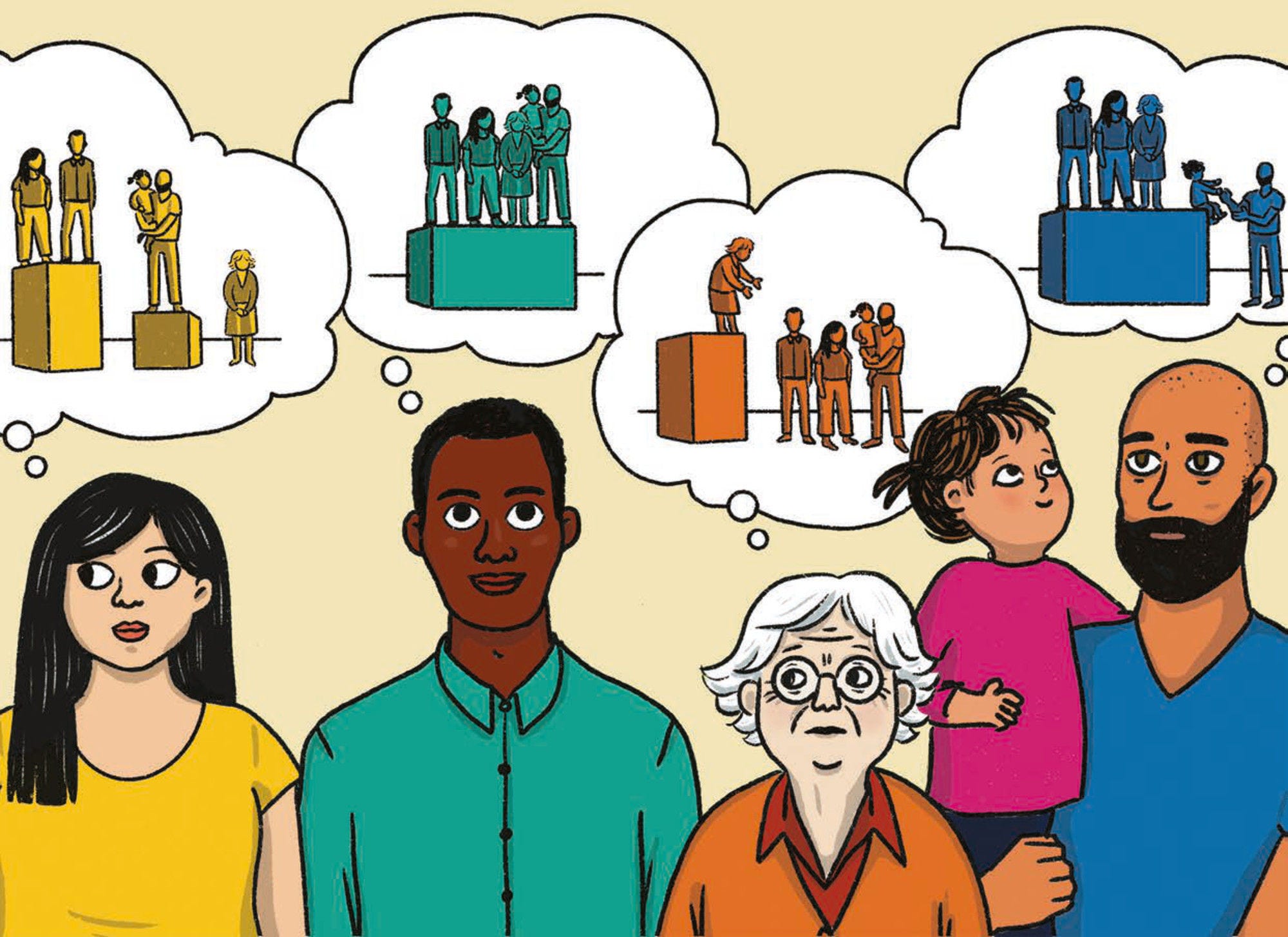Most people in OECD countries are concerned about high and increasing inequality and the lack of equal opportunities. Indeed, in the past decades the income gap between rich and poor has widened and social mobility has stagnated in many OECD countries, as documented by in-depth OECD analysis over the past years. Does Inequality Matter? How People Perceive Economic Disparities and Social Mobility is the sixth in a series of OECD flagship publications on the trends, causes and consequences of inequality and the remedies needed to address them. Growing Unequal? (2008) and Divided we Stand (2011) analysed the key features and causes of rising inequality. In it Together (2015) extended the evidence and showed that rising inequality harms economic growth by constraining the opportunities of the worse-off. The Broken Social Elevator (2018) highlighted that sticky floors and sticky ceilings limit social mobility and opportunities for low- and middle-income families to move up the social ladder. The OECD’s most recent report in this series Under Pressure: The Squeezed Middle Class (2019) documented the three main challenges for the middle class: unfairness, uncertainty, and affordability. The present report Does Inequality Matter? turns the attention to how people perceive inequality and social mobility, and why analysing people’s views helps design successful inequality-reducing policies.
This report is the outcome of a collective effort with contributions from a team of policy analysts from the OECD Centre on Well-Being, Inclusion, Sustainability and Equal Opportunity (WISE) and the Directorate for Employment, Labour and Social Affairs (ELS). The main authors of the report are Emanuele Ciani (WISE) for Chapters 2, 3, 4 and 5; Thomas Manfredi (ELS at the time of writing) for Chapters 2 and 4; Kamil Kouhen (WISE) for Chapter 4. Thomas Manfredi and Kamil Kouhen contributed to all chapters and provided statistical and research assistance, together with Federico Attili (WISE) and Louis Fréget (ELS at the time of writing).
Michael Förster (WISE) led the team and supervised the project and the publication, as well as co-authoring Chapter 1 with Emanuele Ciani. Anne-Lise Faron (WISE) prepared the manuscript for publication along with Carmen Fernandez Biezma (PAC) who led the production process. Martine Zaïda, Julia Carro (WISE) and Paul Gallagher provided support and advice on communication aspects, along with Kate Lancaster, France Charlet and Spencer Wilson (PAC). Ken Kincaid contributed to editing the report.
We are very grateful to Romina Boarini (Director of WISE), Marco Mira D'Ercole (Counsellor of WISE), Stefano Scarpetta (Director of ELS), Mark Pearson (Deputy Director of ELS) and Stephane Carcillo (Head of the Jobs and Income Division in ELS) for their guidance and extensive comments on various versions of the report. We gratefully acknowledge the many suggestions provided by members of the Working Party on Social Policy and the Employment, Labour and Social Affairs Committee of the OECD as well as by experts of the European Commission.
The OECD work on perceptions of inequality and preferences for redistribution was carried out with the financial assistance of the European Union, DG Employment, and the OECD would like to thank them for their support.
We also thankfully acknowledge the comments and suggestions on earlier drafts of the report provided by colleagues from the OECD Centre on Well-Being, Inclusion, Sustainability and Equal Opportunity, the Directorate for Employment, Labour and Social Affairs and the Directorate for Public Governance (GOV). These include Carlotta Balestra (WISE), Monica Brezzi (GOV), Chris Clarke (WISE), Valerie Frey (ELS), Santiago Gonzalez (GOV), Sebastian Königs (ELS), Neil Martin (WISE) and Fabrice Murtin (WISE). Finally, we are indebted to Marco Colagrossi (Joint Research Centre), Stefano Filauro (European Commission), Sébastian Lechevalier (École des Hautes Études en Sciences Sociales), Johanna Mollerstrom (George Mason University), Jonas Pontusson (University of Geneva), Panu Poutvaara (University of Munich) and David Rueda (University of Oxford) for their comments and suggestions on the initial results of this report.
This document was produced with the financial assistance of the European Union. The views expressed herein can in no way be taken to reflect the official opinion of the OECD member countries or the European Union.
